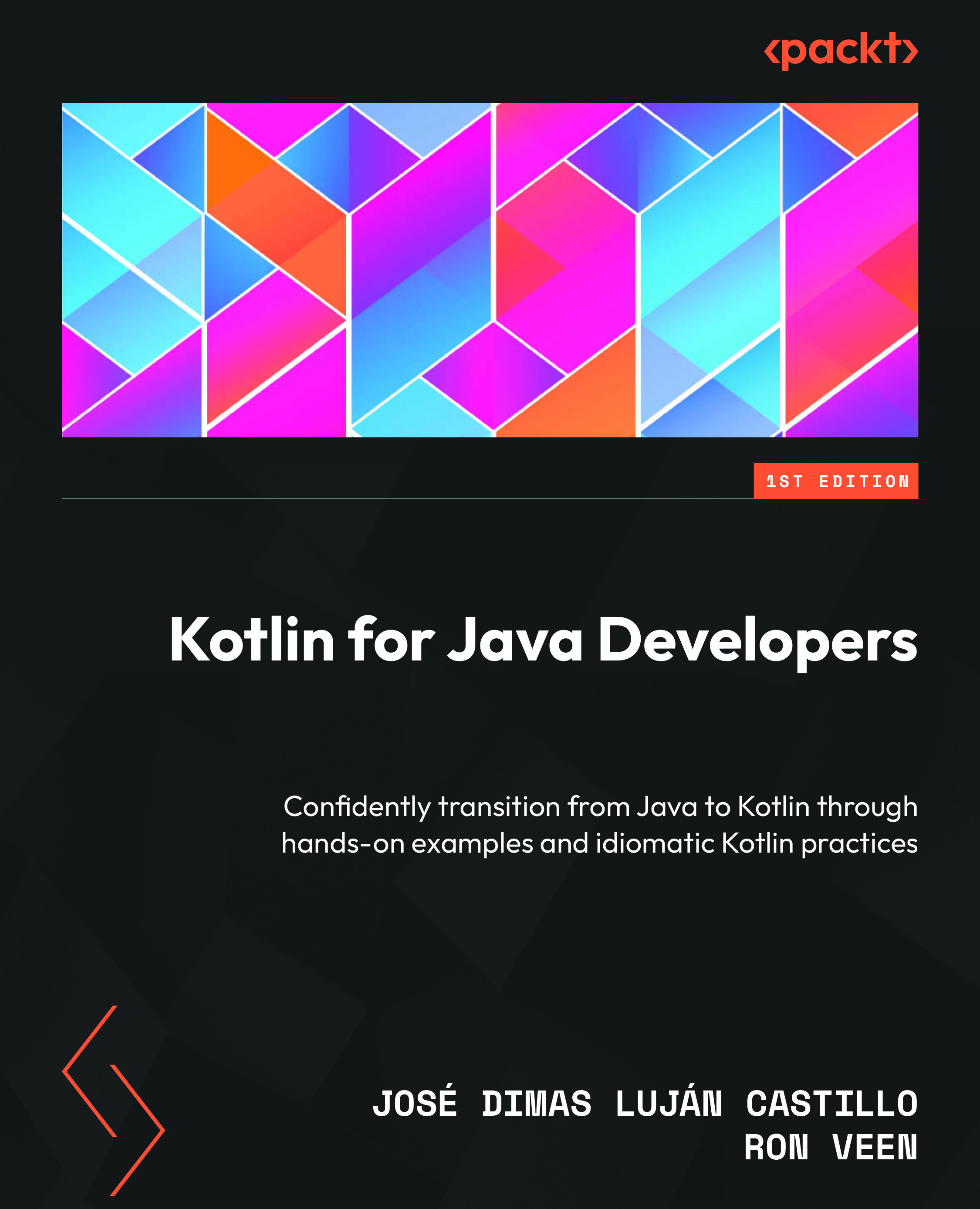Summary
In this chapter, you learned about inline functions in Kotlin and their role in improving the performance of functional programming. The chapter began by explaining the basics of functional programming in Kotlin, including key concepts such as higher-order functions, immutability, and functions as first-class citizens. These ideas will help you understand how Kotlin’s functional paradigm differs from object-oriented programming.
The focus then shifted to inline functions, highlighting how Kotlin’s inline modifier helps reduce the overhead of function calls and lambda creation by embedding the function body directly where it is invoked. You saw when to use inline functions, such as when passing lambdas frequently, and understood how inline functions optimize performance. However, the chapter also explored non-inline functions, explaining when certain lambdas should not be inlined and why it’s important to manage the trade-offs between performance and...

































































